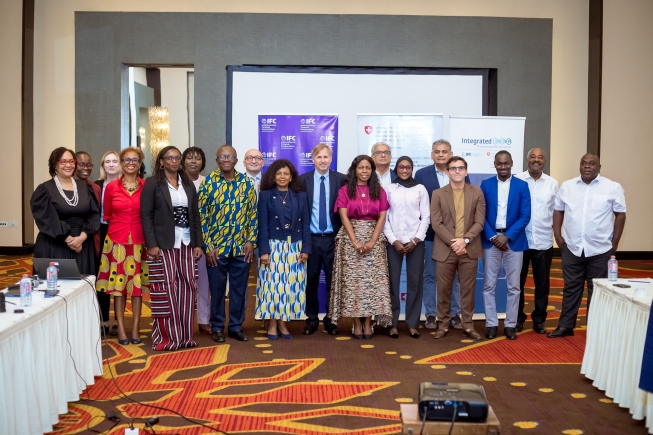The International Finance Corporation (IFC), a member of the World Bank Group, has called on Ghanaian family-owned businesses to prioritise governance reforms such as succession planning and family constitutions in order to secure their long-term survival and contribution to the economy.
The call was made at IFC’s second Family Business Governance Workshop in Accra, held under the theme Family Governance and Legacy: The Family Constitution Blueprint. The event formed part of IFC’s Integrated Environmental, Social and Governance (IESG) Programme, supported by the Swiss government through the State Secretariat for Economic Affairs (SECO).
With family enterprises making up more than two-thirds of Ghana’s private sector, IFC officials warned that the absence of clear succession structures and governance frameworks leaves many vulnerable to disputes, leadership vacuums and collapse.
“Family businesses are at the heart of Ghana’s economy, yet too many remain exposed to risks that could be prevented with proper governance,” said Moez Miaoui, IFC’s Acting ESG Advisory Lead for Africa. “Succession planning and family constitutions are not optional, they are essential tools for protecting businesses, safeguarding jobs, and ensuring that wealth is preserved across generations.”
A family constitution, the workshop highlighted, can serve as a non-binding but critical guide for resolving disputes, clarifying ownership rights and outlining leadership transitions. IFC presented examples from other African markets where such frameworks had successfully ensured stability during generational changes.
The institution also stressed that sound governance practices improve access to finance, as banks and investors increasingly evaluate companies’ governance structures before providing funding. Businesses that demonstrate resilience through clear constitutions and succession strategies, IFC noted, are more attractive to capital providers.
One participant, a second-generation manufacturer, said the training came at a crucial time: “Our family business has grown, but we have struggled with decision-making as more relatives become involved. This workshop has given us a clear roadmap for building structures that will ensure continuity.”
IFC reaffirmed its commitment to supporting Ghanaian enterprises through advisory services, workshops and training sessions. “Family businesses are not only commercial entities but also legacies,” said Kyle Kelhofer, IFC’s Senior Country Manager for Ghana. “The work we are doing together will ensure these legacies endure.”
